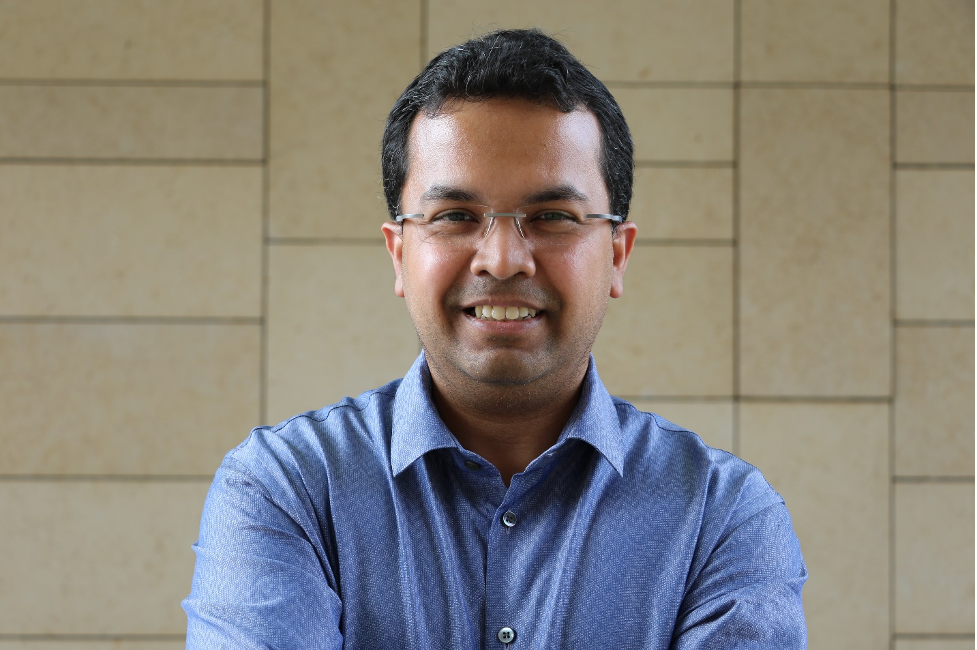Augmented Interfaces Using Ubiquitous AI
13th April 2021
Timing : 1 pm EDT
For zoom link to the talks, please email mjgc@mit.edu with your institute email and mention affiliation
For a list of all talks at the NanoBio seminar Series Spring'21, see here
Muhammad Mustafa Hussain
Professor, EECS
University of California Berkeley
Mustafa (PhD, ECE, UT Austin, Dec 2005) is a Professor of EECS, UC Berkeley. He was a Founding Professor of Electrical and Computer Engineering, KAUST from 2009 to 2020. He was Program Manager in SEMATECH (2008-2009) and Process Integration Lead for 22 nm node FinFET CMOS in Texas Instruments (2006-2008). His research is focused on futuristic electronics which has received support from DARPA, Boeing, Lockheed Martin, GSK-Novartis, Saudi ARAMCO and SABIC. He has authored 450+ research papers and patents. He is a Fellow of IEEE, American Physical Society (APS) and Institute of Physics (UK), a distinguished lecturer of IEEE Electron Devices Society, and an Editor of IEEE T-ED. His research has been extensively highlighted by international media (CNN, Fox News, MSNBC, Washington Post, WSJ, National Geographic, Forbes, IEEE Spectrum, etc.) including being featured by Scientific American as one of the top 10 world changing ideas in 2014. He has received more than 45 international awards including Best Innovation Award in CES 2020, Edison Award 2020, UT Austin Outstanding Young Alumni Award 2015, IEEE Outstanding Individual Achievement Award 2016, etc.
Professor, EECS
University of California Berkeley
Mustafa (PhD, ECE, UT Austin, Dec 2005) is a Professor of EECS, UC Berkeley. He was a Founding Professor of Electrical and Computer Engineering, KAUST from 2009 to 2020. He was Program Manager in SEMATECH (2008-2009) and Process Integration Lead for 22 nm node FinFET CMOS in Texas Instruments (2006-2008). His research is focused on futuristic electronics which has received support from DARPA, Boeing, Lockheed Martin, GSK-Novartis, Saudi ARAMCO and SABIC. He has authored 450+ research papers and patents. He is a Fellow of IEEE, American Physical Society (APS) and Institute of Physics (UK), a distinguished lecturer of IEEE Electron Devices Society, and an Editor of IEEE T-ED. His research has been extensively highlighted by international media (CNN, Fox News, MSNBC, Washington Post, WSJ, National Geographic, Forbes, IEEE Spectrum, etc.) including being featured by Scientific American as one of the top 10 world changing ideas in 2014. He has received more than 45 international awards including Best Innovation Award in CES 2020, Edison Award 2020, UT Austin Outstanding Young Alumni Award 2015, IEEE Outstanding Individual Achievement Award 2016, etc.
